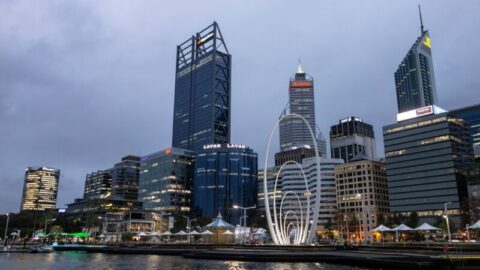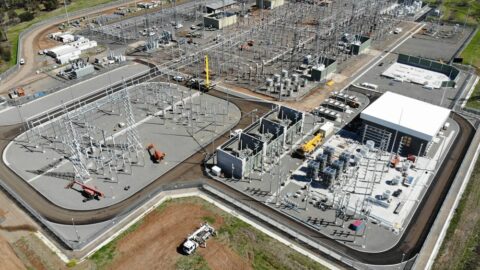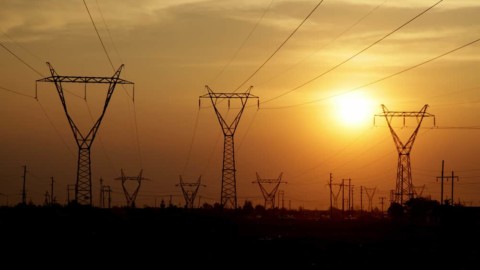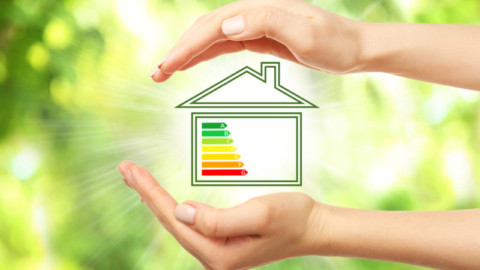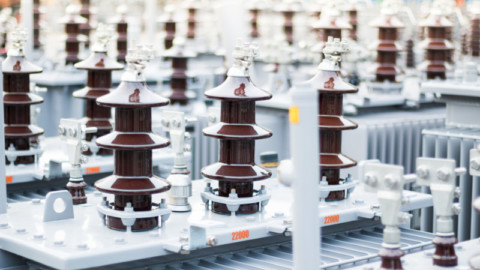The ACCC has released interim compliance and enforcement guidelines for the gas industry on the new Gas Market Emergency Price Order, and explained how the ACCC intends to exercise its enforcement role.
In December 2022, the Australian Government’s Gas Market Emergency Price Order introduced a temporary price cap of $12 per gigajoule (GJ) that principally applies to gas sold by east coast and Northern Territory gas producers and their affiliates to wholesale customers in Australia. The price cap will apply for 12 months.
“Our guidelines are intended to support the gas industry with their obligations to comply with the new laws, so the country experiences the intended benefits from these emergency measures,” ACCC Chair Gina Cass-Gottlieb said.
“While our primary objective is to achieve compliance with these laws, we are ready to exercise our enforcement powers in response to any alleged contraventions, particularly if we become aware of conduct that may be intended to circumvent the price cap.”
The maximum penalty for a company that breaches the emergency price order is the greater of $50 million or three times the value of the benefit obtained, or, if that value cannot be determined, 30 per cent of the company’s turnover during the period it engaged in the conduct.
The price cap generally does not apply to supply contracts entered into before 23 December 2022 but may apply if a price provision in an agreement for supply in 2023 is varied. The price cap does not apply to sales of gas intended for international export.
The Gas Market Emergency Price Order allows gas producers and their affiliates to apply to the ACCC for a price cap exemption. Any parties that are granted an exemption will be listed on the ACCC’s public register.
As the ACCC hears from gas producers and users about their commercial negotiations with the price cap in operation, or observes matters of relevance to the operation of the new laws, it may update the guidelines if there are aspects that warrant refinement or clarification.
The Australian Petroleum Production & Exploration Association (APPEA) has responded to the guidelines, saying they do little to resolve the short and long-term uncertainties in the market.
APPEA Chief Executive, Samantha McCulloch, said the interim nature of the guidelines released this week reflected the complexity of implementing this policy and underscored its rushed nature.
“The Interim Guidelines re-enforce the disconnect between the policy and the operations of the Australian gas market in practice.
“It is clear that the new rules will make it extremely challenging for producers to continue to provide the flexibility of gas supply required by customers.”
The Interim Guidelines also leave much of the interpretation of the rules to the discretion of the ACCC, on a case-by-case basis. This includes simple questions such as when and where transport costs are included within the cap.
Ms McCulloch said the industry was committed to continuing to meet the needs of customers while adhering to the new laws.
“With up to $50 million penalties, it is entirely reasonable for the industry to require certainty of the rules under which it is being asked to operate. But the government is still writing the rule book,” Ms McCulloch said.
“To date, the government’s interventions have created uncertainty and confusion in the gas market, while delivering little or no benefit to consumers.
“The government has acknowledged that over 90 per cent of gas supply is already contracted for 2023.
“We all need a gas market that can function. The industry will continue to engage with the ACCC and the Government to try and find a workable path out of the uncertainty that currently prevails.
“As the Code of Conduct process advances, we hope that lessons will be learned from the price cap experience, where poorly conceived interventions are creating uncertainties and in turn damaging and immediate impacts on the functioning of the market to the detriment of consumers.
“The government should be taking note of the unintended consequences of these measures as it seeks to permanently regulate gas prices.”



